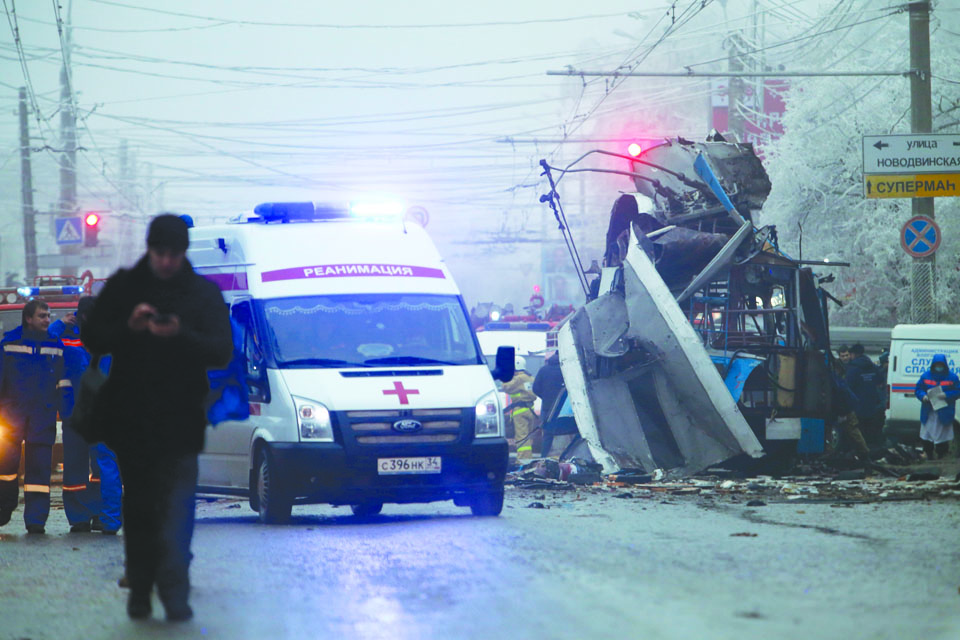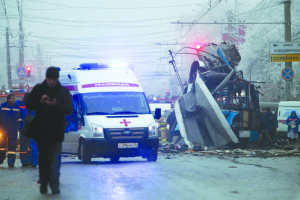

By Julian Routh | News Editor
When the Winter Olympics open in Sochi on Friday, America will be watching as it always does.
But this time, America will watch with anxiety.
With the probability of terror attacks in Sochi and the surrounding regions “very likely,” according to UK officials, U.S. athletes and their families were instructed by the U.S. State Department to avoid wearing Team USA gear outside the Olympic Village. As the opening ceremony approaches, several American athletes have told their families to stay home.
The threat of terror also prompted the U.S. to station two warships in the Black Sea, just in case Americans need to evacuate. Ten-thousand American spectators are expected to attend the games.
The fear stems from the presence of two active terrorist groups, Vilayat Dagestan and Imarat Kavkaz, that carried out attacks near the area in recent months.
In June, Imarat Kavkaz leader Doku Umarov rescinded a moratorium on attacks in Russia and encouraged followers to target civilians at the Sochi Olympics, according to director of the Center for International Relations the Rev. John Sawicki.
Vilayat Dagestan claimed responsibility for a pair of bombing attacks on the city of Volgograd, 400 miles northeast of Sochi, that killed 34 people in December.
Sawicki said both of these groups have “significant capabilities,” and if either plans to attack, they will either attack Sochi directly, take advantage of the lack of security in surrounding regions or initiate a cyber-attack.
But Sawicki said he believes the Olympics are safe, considering the 40,000 security personnel assigned by Russian President Vladimir Putin to guard Sochi during the games. Concentrating Russia’s security force in Sochi may leave the surrounding areas in a state of vulnerability, Sawicki said.
“If you are traveling directly into Sochi, especially from a non-Russian transportation hub, I think the security worries would be minimal,” Sawicki said. “But it’s the connecting points around Sochi that I suspect will be particularly vulnerable.”
Putin vowed in January that Russia will do everything it can to assure the games are safe. The world is watching closely to see how Russians handle these security issues, according to Sawicki.
“Putin’s Russia wants this to be a showcase,” Sawicki said. “They want everyone to be safe. They want to show off their accomplishments.”
Assistant professor of sports marketing Ron Dick said he does not think the threat of terror will have much of an effect on the athletes.
It will still be a “legitimate concern” in a particular area when the games start, he said.
“I certainly think the immediate area where the villages will be are on heightened alert,” Dick said. “I worry about the perimeter of the village.”



